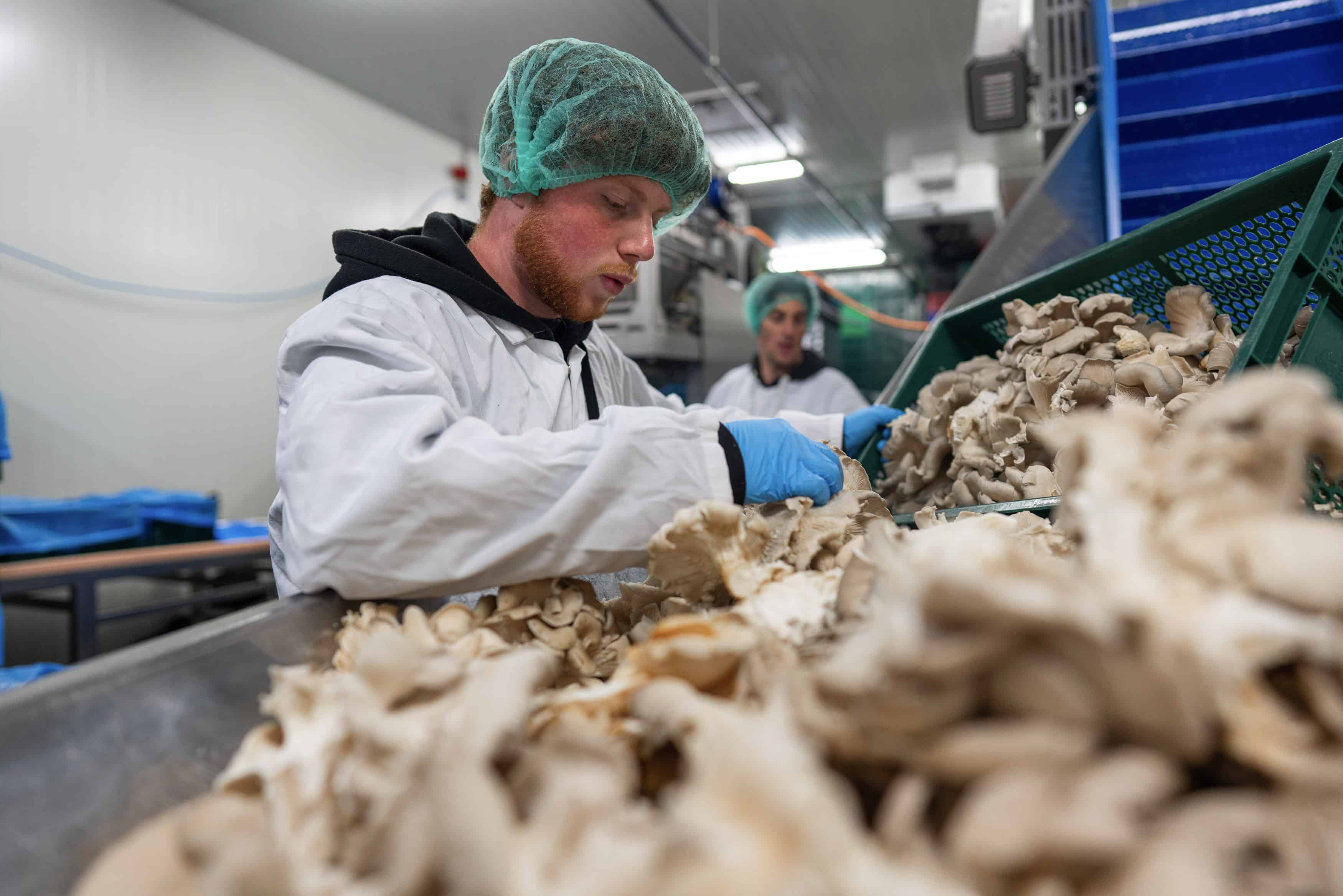
Smart BioMaterials Consortium (SBMC), High Tech NL, and the Brabant Development Agency (BOM) are collaborating to accelerate innovations in regenerative medicine. Juliette van den Dolder has been appointed as an Innovation Designer. Her goal is to accelerate the development of production technology for regenerative therapies and connect the SBMC ecosystem with the NXTGEN Hightech program ‘biomedical production technology’, supported by High Tech NL.
“Scaling up and bringing regenerative therapies to market cannot be done without the right production technology,” says Jan Rietsema, director of SBMC. SBMC has one area of expertise, and NXTGEN Hightech has the other. Therefore, Rietsem says, “it is crucial that the ecosystems around both organizations can complement each other well. The new partnership is also good news for companies like LifeTec Group, Vivolta, Stentit, and Xeltis, already collaborating with SBMC and NXTGEN Hightech.”

There is tremendous value in companies within the ecosystem knowing how to find each other, adds Ingrid Relou, Biomedical Production Technology domain leader at NXTGEN Hightech. “The collaboration with SBMC contributes to developing even better and more widely applicable production technologies.”
According to Willem Endhoven, director of High Tech NL, the new collaboration aims to increase the Netherlands’ earning capacity. “This aligns well with the goal of the National Growth Fund, the main funder of SBMC and NXTGEN Hightech.”
Biomaterials
Biomaterials have been used for decades to replace or repair damaged tissues and organs, and the development of new materials has been a major focus in biomedical engineering. Recently, the use of smart biomaterials has emerged as a promising field that could revolutionize the way we treat diseases and injuries. Smart biomaterials are able to respond to environmental stimuli, enabling them to interact with biological systems in a controlled manner.

Smart biomaterials have a wide range of potential applications in biomedicine. Some of the most promising areas of research include:
- Drug delivery: Smart biomaterials can deliver drugs to specific sites in the body, reducing side effects and improving therapeutic efficacy.
- Tissue engineering: Smart biomaterials can create scaffolds for tissue regeneration, allowing the body to repair damaged tissues or organs.
- Biosensors: Smart biomaterials can create biosensors that detect specific biomolecules in the body, such as glucose or cholesterol.
- Implants: Smart biomaterials can create implants that can respond to changes in the body, such as temperature or pH.






